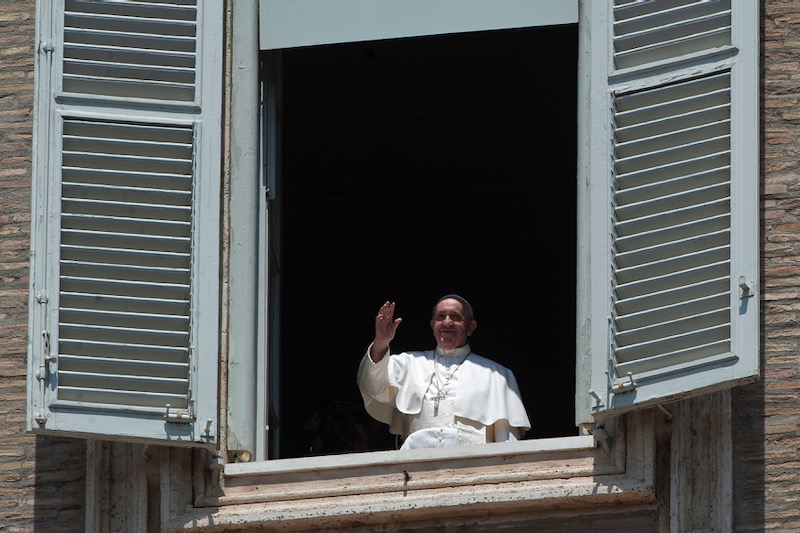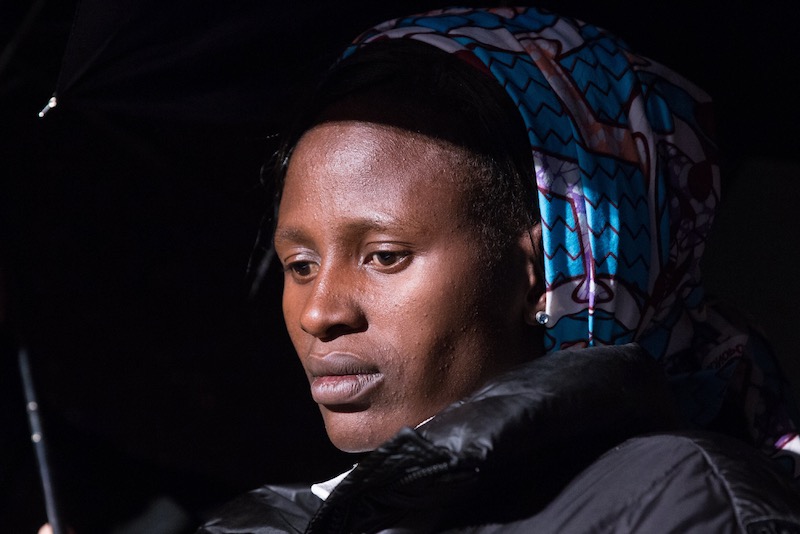The commission representing the European Union's Catholic bishops, COMECE, has demanded international measures to protect Christians in Nigeria from growing Islamist and tribal terror attacks.
“In the context of the growing persecution against Christian communities, COMECE calls on the EU and its member-states, as well as the entire international community, to increase their efforts to stop the violence,” the Brussels-based commission said. “We call for diplomatic, political and financial instruments to assist the Nigerian authorities in halting the violence, bringing the criminals to justice and supporting the victims.”
The appeal was published amid continuing violence by the Boko Haram movement and Fulani herders, which has left more than 6000 Christians dead in the last five years.
COMECE said Nigeria's Catholic bishops had condemned the federal government for “failing in its primary duty to protect the lives of citizens”, as well as the “culture of death” now “embedded in daily lives”, and had warned that parallel Fulani atrocities could “no longer be treated as a mere clash between pastoralists and farmers”.
It added that COMECE experts had backed a European Parliament resolution deploring the situation in January, and said the International Criminal Court had also indicated that Boko Haram militants could face charges of war crimes and crimes against humanity.
“The Parliament has condemned the constant discrimination suffered by Christians in Nigerian regions where sharia is applied,” the COMECE statement noted. “We also call on the authorities to include Christians, who make up 47 per cent of the national population, fully in all state structures and levels of administration - including the police and armed forces.”
Formed in Borno state in 2002, Boko Haram launched a military campaign in 2009, and has since displaced 2.3 million people in a wave of killings and abductions, largely targeted against Christian communities, in Nigeria, Chad and Cameroon. The movement, ranked one of the world's deadliest, proclaimed an alliance with Islamic State in 2015 and has helped spur bloody parallel insurgencies in Burkina Faso, Mali and Niger, often involving militant groups driven out of North Africa and the Middle East.
In March, amid reports that the movement was stepping up attacks during the Covid-19 pandemic, Nigeria's Catholic bishops led a protest march in the capital, Abuja, accusing the federal government of insensitivity to the repeated atrocities, and urging the international community and Western media to react more effectively.
The predominantly Muslim and largely nomadic Fulani militia, also rated among the world's most violent, has centred attacks on Christians in central Kaduna state in a bid to seize territory and resources.



 Loading ...
Loading ...